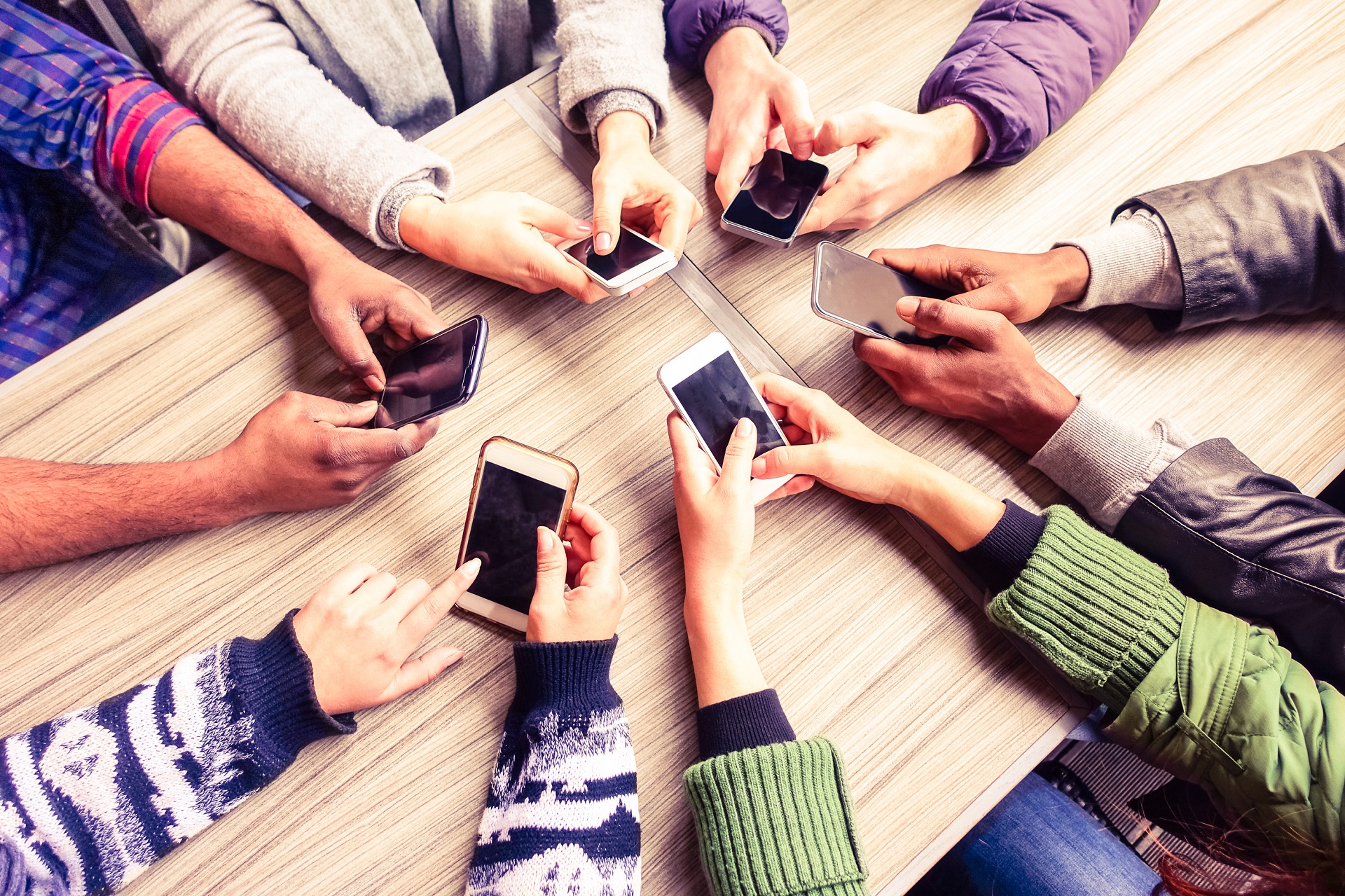For better or for worse, we’ve ended up amidst a society built on information sharing. There are a number of apps and sites that not only allow—but encourage you to disperse inherently personal details.
In some cases, information that you traditionally would have wanted to keep private (such as a financial transaction) is shared easily and publicly among friends, all through a mobile app. And at what cost?
There is a price to pay for convenience, which can be seen through the numerous mobile apps that make headlines due to their lax security. The latest to be inducted into this group was a mobile peer-to-peer payment app whose security policies left something to be desired.
While swapping digital money amongst peers was as easy as posting a Facebook update, the app lacked some basic security measures such as: neglecting to notify users of changes to their account settings (like changes to the primary email address or password), two-factor authentication, and monitoring of how other services, like Twitter, securely communicated with it.
Despite all of this, however, the mobile app continues to be incredibly popular—especially among millennials.
Why, you ask? Well the answer is almost too simple. Mainly, it’s all about convenience.
Too often, the services we use on our digital devices (apps, email, text and more) are compromised in a momentary lapse of security. Usernames are noted, passwords are stolen, recorded and used by those with harmful intentions—and users are forced to undergo the aggravating ritual of crafting new passwords while monitoring bank accounts with a worried eye.
But as it appears, this speed bump in the protection of our personal data isn’t enough to ignite a change in our behavior.
A recent Information Systems Audit and Control Association survey found that roughly 38% of millennials in the United States assume their accounts will be hacked for malicious purposes.
Even more concerning is that 70% of consumers said that they felt the benefits of digital devices outweigh the security risks. Meaning, a large number of users know the services and devices they employ may compromise their security, but continue to use them regardless.
Tips to Avoid Security Risks
So if you too fall into that group, and likely most do, then it’s best you follow a few security precautions to minimize your chance of having your information compromised:
- Limit what you share. Keeping up to date with friends is great, but over sharing every small detail of your life can be just the crack in the door a hacker needs to break in. By limiting who can see your messages, and what you share online (of course, don’t share passwords or financial information), you can maintain a low profile that most hackers won’t pick up on.
- Use two-factor authentication when offered. Most services today include a security feature called two-factor authentication. When you can, use it. Two-factor authentication requires users to input something only they would know, like a password or personal detail, and sends a verification message to an object that only they would have, such as a personal smartphone, for verification. It’s a great method that offers enhanced security to everyone.
- Install comprehensive security software on your mobile device.Every device you own should have safety precautions installed on it. McAfee® Mobile Security is available for free for both Android and iOS, and offers a variety of protections to help keep unwanted people out of your devices.














